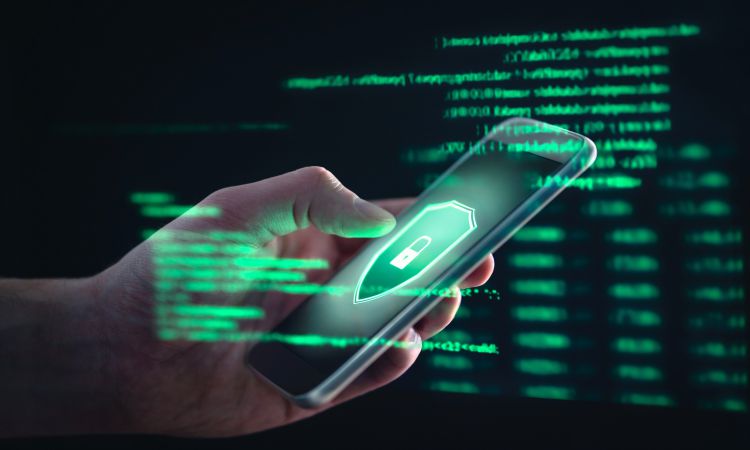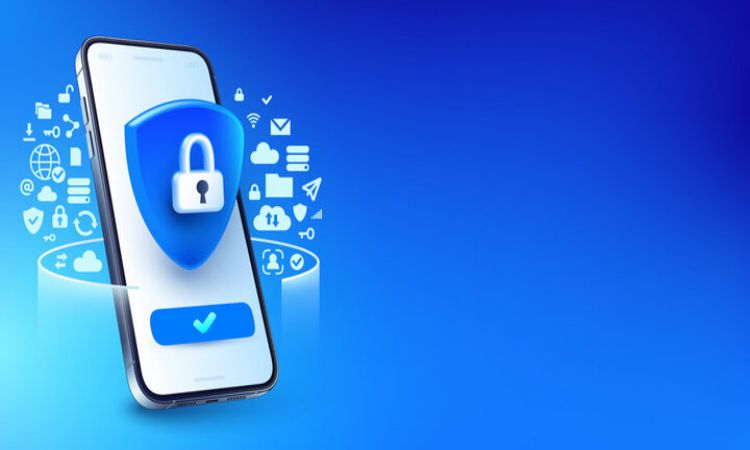 Cyber risks and threats are not new. Every day, people fall into the hands of con artists who steal their valuable data, including their identity, email information, financial data, etc. If you are not careful, you can find yourself in the same position. Below are some things you can do to keep yourself cyber-safe and make it impossible for cybercriminals to attack you.
Cyber risks and threats are not new. Every day, people fall into the hands of con artists who steal their valuable data, including their identity, email information, financial data, etc. If you are not careful, you can find yourself in the same position. Below are some things you can do to keep yourself cyber-safe and make it impossible for cybercriminals to attack you.
Table of Contents
1. Use Strong Passwords
Only use strong passwords for your accounts and change them regularly. When you have multiple accounts, don’t use the same passwords. Instead, use a unique password for each of them. A strong password is long, unique, and randomly generated. Don’t use your name followed by your birth year or something very easy to predict as a password.
2. Don’t Click on Any Other Link
Whenever you receive a message with a link asking you to click it, always ask yourself whether you were expecting the link and the motives of the person who sent it.
Generally, avoid clicking just any link you come across. Some can take you to compromised websites. You also need to be cautious of links that ask you to change passwords or verify your personal information. If you were not expecting such a link, please avoid clicking it. Else, you will turn into a cybercrime victim.
3. Get A Mobile Security Solution
 As more people use smartphones and other mobile devices to store critical information, do mobile banking, and pay bills, cybercriminals have also increased their target on these devices. Investing in a mobile security solution keeps your mobile devices safe from these criminals by making it impossible to get your personal information or perform any cybercrime. There are mobile security solutions for iOS as well as android. These solutions make your device inaccessible to unwanted persons and keep you safe from dangerous websites, apps, unsafe wi-fi networks, etc.
As more people use smartphones and other mobile devices to store critical information, do mobile banking, and pay bills, cybercriminals have also increased their target on these devices. Investing in a mobile security solution keeps your mobile devices safe from these criminals by making it impossible to get your personal information or perform any cybercrime. There are mobile security solutions for iOS as well as android. These solutions make your device inaccessible to unwanted persons and keep you safe from dangerous websites, apps, unsafe wi-fi networks, etc.
4. Delete Sensitive Information When You Don’t Need It
If you have sensitive information on your devices and don’t need it, it’s better to delete it. When you keep such information, it can get to the hands of criminals. But when you delete it, you minimize the risk 100%. Only keep sensitive information if it’s valuable being there.
5. Limit The Amount of Personal Info on Social Accounts
Don’t give too much personal information when creating social media accounts or updating them. Just provide the essential information to get activated and leave the rest. Also, always think twice when just about to post information regarded as personally identifiable information. It may be what people with ill motives need to attack you online.
6. Turn On Multifactor Authentication on Your Accounts
Multifactor authentication, also known as two-factor authentication, simply means taking an extra step when trustworthy applications and websites ask you to confirm your identity. They do this to be sure that you’re the one accessing their sites. Opt-in, in when you see, prompts for two-factor authentication.
7. Back Up Your Data
If you have important data online, it’s crucial to have an offline copy. The copy can come in handy if you are hit by ransomware. It can also be helpful if technical issues arise, leading to data loss.
8. Protect Your Privacy
Protecting your privacy is another helpful way to avoid falling into the hands of cyber criminals unsuspectedly. If possible, make your social media accounts private. When you leave them public, cyber attackers may stalk you and get your personal information, such as your name, email, and home address. They may then approach you, and you will think that it’s someone who knows you are talking to you. You may end up giving the information they need to attack you unknowingly.
9. Update Your Software
Cybercriminals take advantage of system flaws. Fortunately, developers are always coming up with upgrades available in their updated software systems. That means you need to always ensure that you are using the latest software systems to enjoy advanced security. You can make your work easier by allowing automatic updates for your devices.
10. Always Be Careful When Using Public wi-fi
Using public wi-fi can easily put you at risk of being a cybercrime victim. Whenever you’re using it, always assume that someone may be monitoring your online activities. Hence, you should avoid accessing sensitive information such as financial information.
It’s better to avoid using public wi-fi, especially if you don’t have VPN. And if you must use it, do it safely.
11. Don’t Give Out Personal Information to Anyone
don’t just give your personal information to anybody who asks for it, whether they have called or sent you a message. That would land you in trouble. When someone asks for your personal information, take time to verify who they are and why they are asking for it.
Cybercrime has risen drastically in recent days. Anybody, including you, can fall victim to it. Cybercriminals are always on the lookout for vulnerabilities in systems and devices to attack people for different reasons. Their tactics are also ever-evolving, making unsuspecting people fall into their traps. Fortunately, you can reduce the chances of doing so by following the above tips.






